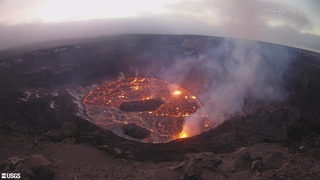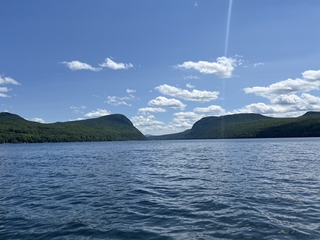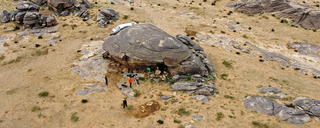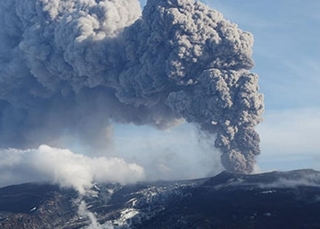Earth science is one of the broadest and most interdisciplinary fields. It combines chemistry, physics, biology, mathematics, and geology to study the Earth’s interior, atmosphere, oceans, environment, causes of global climate change, and the history of life and climate on our planet.
Atmosphere, Oceans, Climate Dynamics
Atmosphere, Ocean, and Climate Dynamics (AOCD) has a long history at Yale, encompassing a wide range of theoretical, observational, and experimental research on geophysical fluid dynamics and climate.

Geochemistry
Geochemistry is the study of the Earth system and other planetary systems using chemical principles. It focuses on how rocks, fluids, gases, and biology interact and exchange matter and energy over varying time scales.

Biogeochemistry, Paleoceanography, Paleoclimate
The Department of Earth & Planetary Sciences at Yale University pioneered Earth system science and continues exploring the complex interplay between the biosphere, hydrosphere, land surface, atmosphere, and climate.

Paleontology, Evolution
Paleontology research at Yale includes both fossils and living organisms, encompassing taphonomy, biogeochemistry, morphology, systematics, macroevolution, paleoclimatology, paleoecology, paleogeography, and the study of diverse groups from plants to dinosaurs.

Lithosphere and Surface Processes
Lithosphere and surface processes integrates geological processes across scales, shaping the Earth’s surface through interactions among the deep interior, lithosphere, hydro-atmosphere, and biosphere.

Solid Earth Geophysics
Earth’s geological and geophysical activity is driven by cooling to space, creating convection currents. At Yale, we study this with a multidisciplinary approach.
